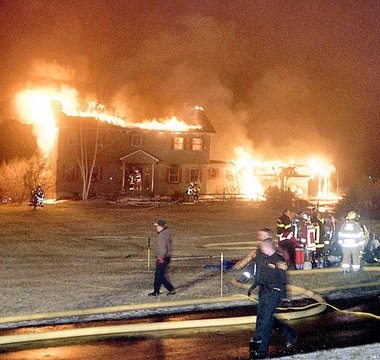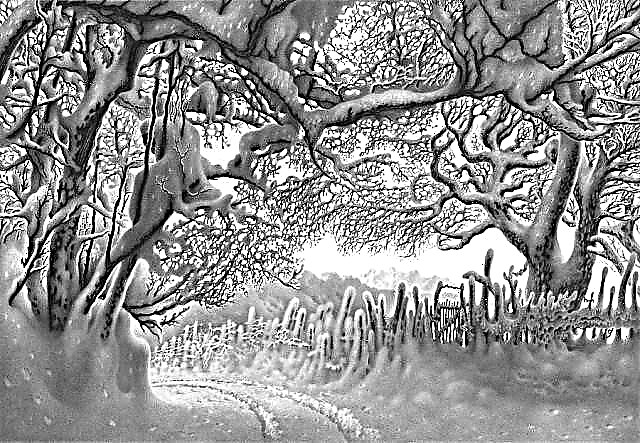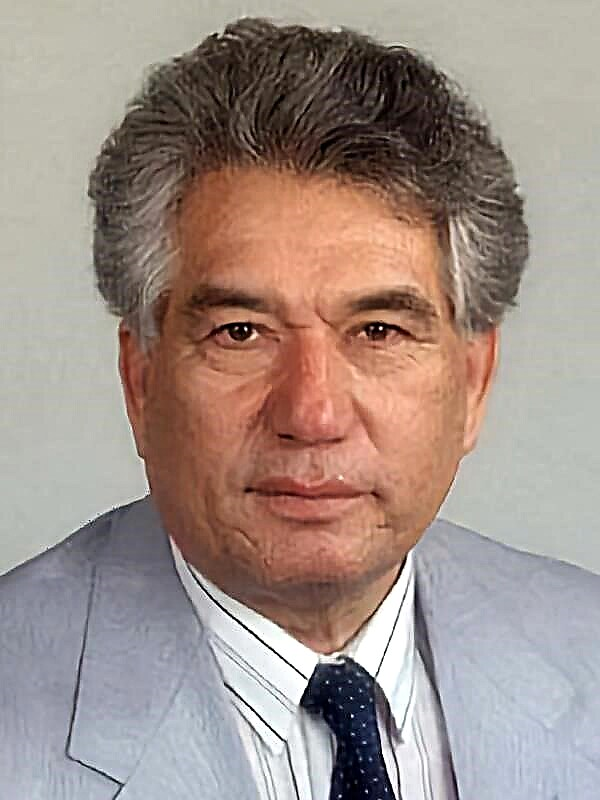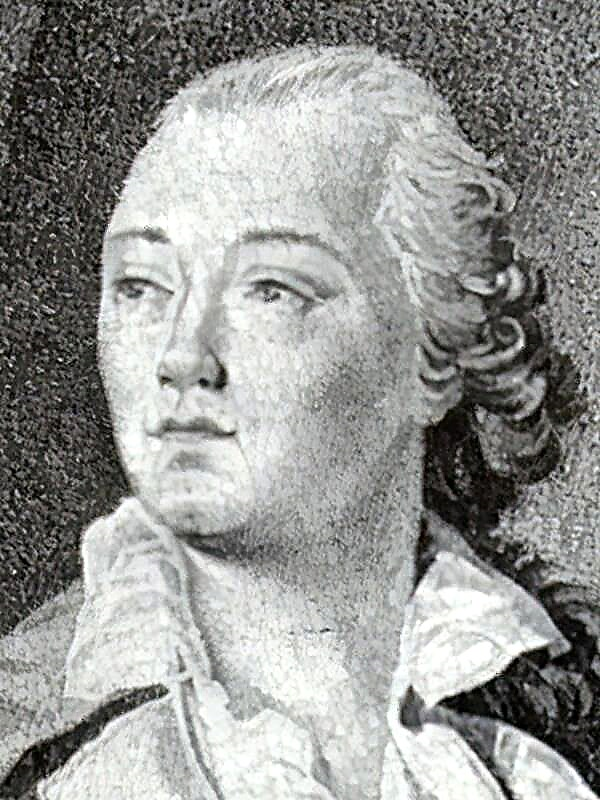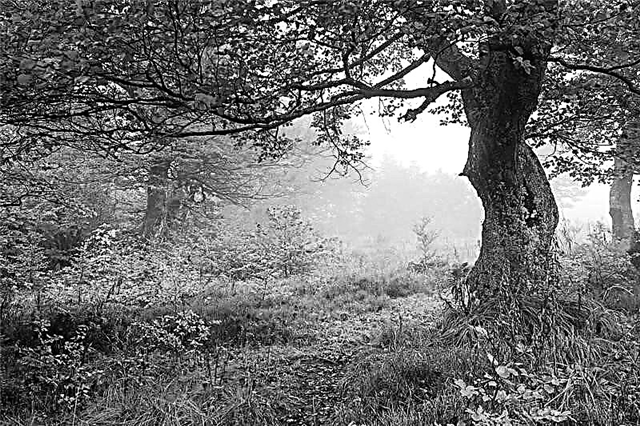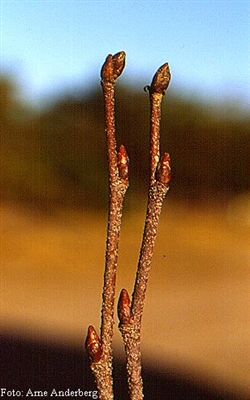By the end of the XVII century. after the death of the sovereign Fedor Alekseevich in Russia, the struggle for power begins. Archers rebel, instigated by Princess Sophia and her lover, the ambitious Prince Vasily Golitsyn. Two tsars became in Moscow - the minors Ivan Alekseevich and Peter Alekseevich, and above them - the ruler Sofia. “And everything went the old way. Nothing happened. "Over Moscow, over cities, over hundreds of counties, spread across vast lands, the twilight of century has become sour - poverty, servility, lack of volume."
In those same years, in the village, on the lands of the nobleman Vasily Volkov, the Brovkin peasant family lives. The eldest, Ivashka Brovkin, takes his son Alyoshka with him to Moscow; in the capital, frightened of punishment for the missing harness, Alyosha escapes and, having met peer Alexashka Menshikov, begins an independent life, is attached to trade cakes. Once Alexashka Menshikov fishes on Yauza near Elk Island and meets a boy in a green non-Russian caftan. Alexashka shows tsar Peter (and this is it) the focus, without blood, pierces the cheek with a needle. They immediately part, not knowing that they will meet again and will not part before death ...
In Preobrazhensky, where the growing Peter and his mother Natalya Kirillovna live, it is quiet and boring. The young tsar languishes and finds an outlet in the German settlement, where he meets foreigners living in Russia and among them charming captain Franz Lefort (in the service of which by that time Alexashka Menshikov was at that time) and, in addition, falls in love with Anhen, daughter of a wealthy vintner Mons. To stabilize Petrusha, mother Natalya Kirillovna marries him on Evdokia Lopukhina. In Preobrazhensky, Peter is completely surrendering to exercises with a funny army, the prototype of the future Russian army. Captain Fedor Sommer and other foreigners strongly support his undertakings. The king takes Alexashka to himself as a bedding man, and the clever, agile and thieving Alexashka becomes an influential mediator between the king and foreigners. He arranges his friend Alyosha Brovkin into a "funny" army as a drummer, and helps him in the future. By chance meeting his father in Moscow, Alyosha gives him money. With this small capital, the economic peasant Ivan Brovkin immediately goes uphill, he is redeemed from serfdom, becomes a merchant, the tsar himself knows him through Alexashka and Alyosha. Brovkin's daughter, Sanko Peter, extends for Vasily Volkov, the former Mr. Brovkin. This is a harbinger of great changes in the state (“From now on, nobility is considered to be valid” - the future motto of Tsar Peter). A new streltsy revolt begins in favor of Sophia, but Peter and his family and friends leave Preobrazhensky under the protection of the walls of the Trinity Monastery. The rebellion is dying away, the riflemen of the Streltsy are terribly tortured and executed, Vasily Golitsyn is sent with his family to eternal exile in Kargopol, Sophia is locked up in the Novodevichy Convent. Peter surrenders to revelry, and his pregnant wife Evdokia, tormented by jealousy, engages in witchcraft, trying to plague the accursed lovesick Monsihu. Peter's heir is born - Alexei Petrovich, mother Natalia Kirillovna dies, but the crack between Peter and Evdokia does not disappear.
There are various rumors among foreigners about Peter; great hopes are laid on him. "Russia - the bonanza - lay under centuries of mud ... If not a new tsar will raise life, then who?" Franz Lefort becomes necessary to Peter, as a smart mother to a child. Peter begins the campaign to the Crimea (the previous - Vasily Golitsyna - ended in shameful failure); and part of the army goes the war on the Turkish fortress of Azov. And this campaign ended ingloriously, but time passes, Peter carries out his reforms, it is difficult to give birth to a new, XVIII century. From exorbitant hardships, people begin to rob or go into the forests to the schismatics, but even sovereign servants overtake them there, and people burn themselves in huts or churches so as not to fall into the hands of the Antichrist. “The Western infection irresistibly penetrated into a drowsy being ... Boyars and local nobility, clergy and archers were afraid of change (new deeds, new people), they hated the speed and cruelty of everything newly introduced ... But those rootless, quick-witted, who wanted change, who he was fascinated by Europe ... - these said that they were not mistaken in the young king. ” Peter begins to build ships in Voronezh, and with the help of the fleet, Azov was nevertheless taken, but this leads to a clash with the powerful Turkish Empire. One has to look for allies in Europe, and the tsar (under the name of the regiment commander Pyotr Mikhailov) travels with the embassy to Koenigsberg, to Berlin, and then to Holland, desired by his heart, to England. There he lives as a simple artisan, mastering the necessary crafts. In his absence, fermentation begins in Russia: the tsar, they say, died, foreigners replaced the tsar. The indomitable Sophia again incites the archers to rebellion, but this rebellion is suppressed, and when Peter returns to Moscow, torture and executions begin. “The whole country was seized with horror. Old clogged in dark corners. Byzantine Rus ended. ” Tsarina Evdokia Fyodorovna is sent to Suzdal, to the monastery, and her place is taken by the lawless “Kuku queen” Anna Mons; her house is so called in Moscow - the Tsaritsyn Palace. Franz Lefort dies, but his work lives on. In Voronezh, more and more ships are being laid, and now a whole flotilla is sailing to the Crimea, then to the Bosphorus, and the Turks can not do anything with the new, unknown from where the Russian naval force that came from. The wealthy Ivan Artemich Brovkin is engaged in army supplies, he has a large house, many eminent merchants in his clerks, son Jacob in the navy, son Gavril in the Netherlands, the youngest, who received excellent education, Artamon - with his father. Alexandra, Sanka, now a noble lady and dreams of Paris. And Alexey Brovkin falls in love with Princess Natalya Alekseevna, Peter's sister, and she is not indifferent to him.
In 1700, the young and brave Swedish king Charles XII defeated Russian troops near Narva; he has a strong army, and his head is already spinning in anticipation of the glory of the second Caesar. Karl occupies Livonia and Poland, wants to rush after Peter into the depths of Muscovy, but the generals dissuade him. And Peter rushes between Moscow, Novgorod and Voronezh, re-creating the army; ships are built, new cannons are cast (from the monastery bells). The noble irregular army is unreliable, now everyone in their place is being recruited, and there are many who want from bondage and peasant bondage. Under the command of Boris Petrovich Sheremetev, Russian troops capture the fortress of Marienburg; among the prisoners and soldiers, the Field Marshal notices a pretty girl with straw in her hair ("... apparently, the cart was already attached to wallow her under the carts ...") and takes her as a housekeeper, but the influential Alexander Menshikov takes away the beautiful Katerina. When Peter finds out about the betrayal of Anna Mons with the Saxon envoy Kengisek, Menshikov palms him with Katerina, who is to the king’s heart (this is the future tsarina Catherine I). “The confusion near Narva was of great benefit to us,” says Peter. “Iron gets stronger from beating, a man grows up.” He begins the siege of Narva, its defender General Horn does not want to surrender the city, which leads to the senseless suffering of its inhabitants. Narva was taken by a violent assault, in the midst of the battle the fearless Menshikov with a sword is visible. General Horn surrenders. But: “There will be no honor to you from me,” he hears from Peter. “Take him to jail, on foot, through the whole city, so that he can see the sad work of his hands ...”

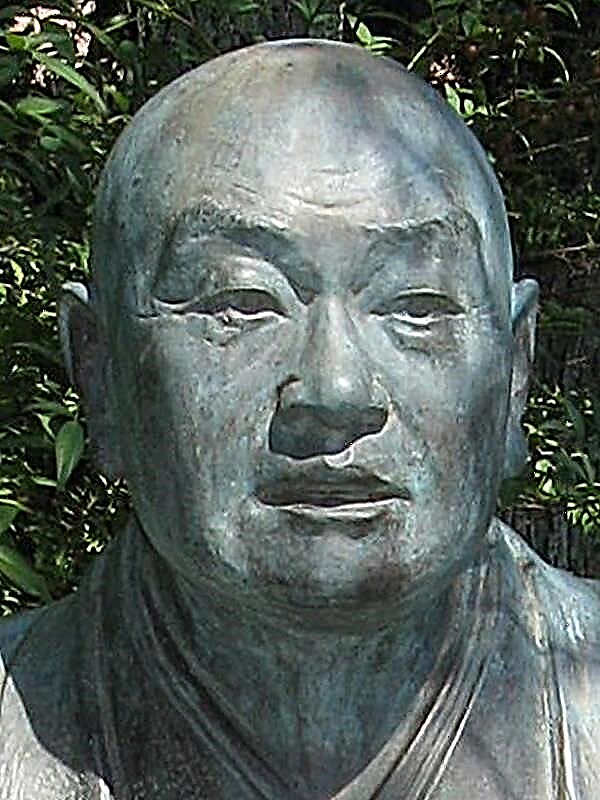

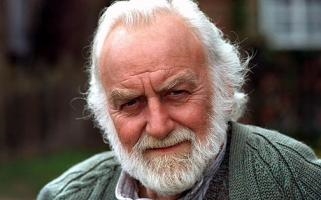
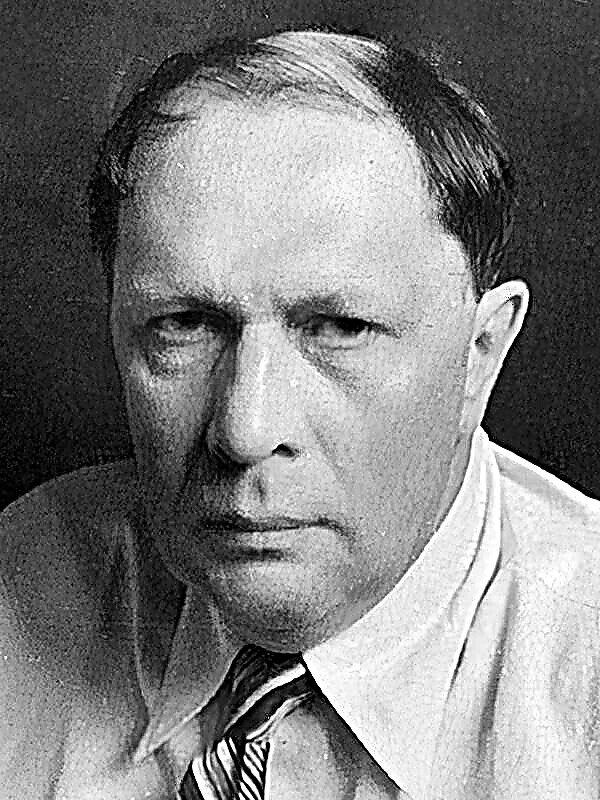 Golden Key
Golden Key